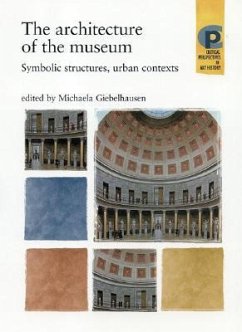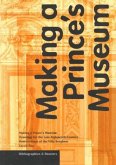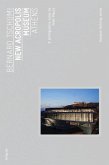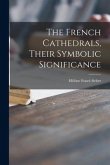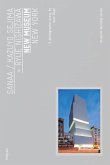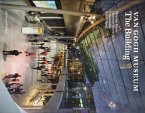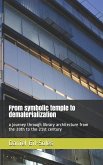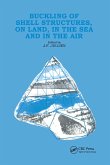The text should be essential reading for students and scholars in the fields of architectural history, museum studies, studies in urbanism, tourism and heritage and anyone interested in museum architecture.
Every city has at least one, and great cities often have more. From the Louvre to the Bilbao Guggenheim, the museum has had a long-standing relationship with the city. This ground-breaking volume examines the meaning of museum architecture in the urban environment, considering important issues such as forms of civic representation, urban regeneration, cultural tourism and the museumification of the city itself. Bringing together an international group of distinguished scholars from a range of disciplines, this volume bridges the gap between museum studies and traditional architectural history. The contributors explore the conceptual architectural frameworks that govern the museum's diverse symbolic structures and focus attention on the complex ways in which museums function in the city. Ranging from the 17th century to the present day, the detailed and thoroughly researched case studies are drawn from Great Britain, continental Europe, South America and Australia.
Every city has at least one, and great cities often have more. From the Louvre to the Bilbao Guggenheim, the museum has had a long-standing relationship with the city. This ground-breaking volume examines the meaning of museum architecture in the urban environment, considering important issues such as forms of civic representation, urban regeneration, cultural tourism and the museumification of the city itself. Bringing together an international group of distinguished scholars from a range of disciplines, this volume bridges the gap between museum studies and traditional architectural history. The contributors explore the conceptual architectural frameworks that govern the museum's diverse symbolic structures and focus attention on the complex ways in which museums function in the city. Ranging from the 17th century to the present day, the detailed and thoroughly researched case studies are drawn from Great Britain, continental Europe, South America and Australia.

